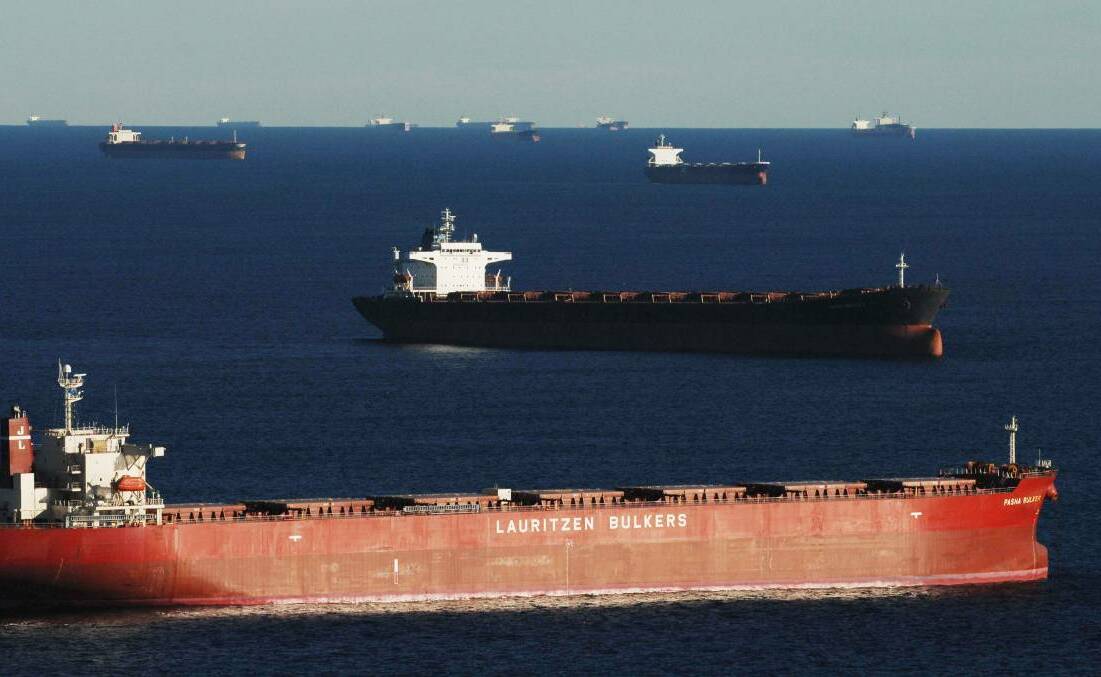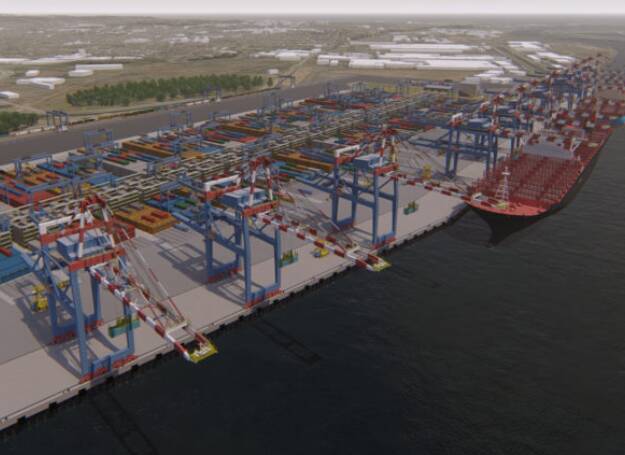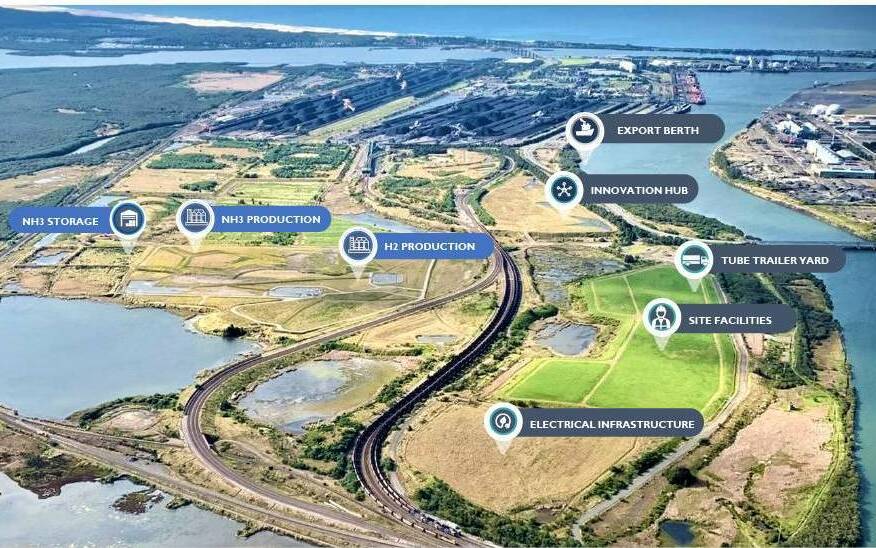Newcastle's mantle as the 'world's largest coal export port' is under threat as the Hunter's economy slowly pivots away from its dependence on fossil fuels, industry data suggests.
Export data obtained from the commodities website Kpler shows the Port of Newcastle was exporting significantly more coal than other ports up until 2021.
But while Newcastle is still exporting more, the gap is closing.
In 2022, 143 million tonnes was exported through Newcastle. The industry has blamed wet weather, rail maintenance and labour shortages for the relatively low throughput.
Meanwhile, 129 million was exported via North Queensland Bulk Ports.
For the year to date, 101 million tonnes have been exported through Newcastle and 91 million has been exported from North Queensland.
North Queensland Bulk Ports operates coal export facilities at Abbot Point, Hay Point and Mackay.

Despite Newcastle's massive coal export volumes, Queensland still exports more coal than NSW. This is because NSW only exports coal from Newcastle and Wollongong, whereas Queensland coal exports occur at Gladstone, Brisbane, Abbott Point, Hay Point and Mackay.
Rising tide is organising the event, which has been billed as the "largest climate civil disobedience in Australian history"
Rising Tide spokesman Shaun Murray said Newcastle's coal exports continued to contribute to the climate crisis.
"Although the gap between the North Queensland coal exports and Newcastle appears to be narrowing, Newcastle nevertheless still holds the unenviable title of the world's largest coal port, with approximately 1 per cent of global greenhouse gas emissions coming from our coal," he said.
"Both state and federal Labor governments continue to pour fuel on the fire of the climate crisis by allowing huge new coal projects to proceed, and billions of tonnes of carbon dioxide to be emitted."
"We are smashing global temperature records, and this week we've heard that the world is now committed to the loss of the western Antarctic ice sheet and 5 metres of sea level rise. This is the largest failure of governance in history, and citizens are now left with no choice but to directly intervene in order to disrupt this madness to salvage a livable future for our children."
NSW Minerals Council chief executive Stephen Galilee said Newcastle's standing in the coal export stakes was solid.
"Despite weather-related export interruptions last year, the Port of Newcastle continues to be the single largest coal export port in the world, with volumes recovering this year, underpinning the ongoing strength of the Hunter economy," he said.
While coal is expected to remain a major export commodity for many years, the Port of Newcastle has been actively diversifying in recent times.

"Since late 2018, Port of Newcastle has undertaken an ambitious, long-term, diversification strategy, centred around ensuring the economic prosperity of NSW and the Hunter continues to thrive, along with supporting local jobs for generations to come," Port of Newcastle chief executive Craig Carmody said.
"Five years ago, we recognised the port could not continue its historic reliance on being a coal export port and must grow or attract new import and export trade.
"Our long-term strategy will see the development of our Clean Energy Precinct, Newcastle Deepwater Container Terminal, along with the importation of passenger and other industrial vehicles, which will shape our Port for the next 50 years and beyond."

The port recently undertook at community consultation for its proposed clean energy precinct on Kooragang Island.
The 220-hectare parcel of port land is earmarked to play a vital role in positioning the region as a leading clean energy production, storage and export hub.
The precinct is due to be operational in late 2027 or early 2028, with the first clean energy exports also due to occur in 2028.
An estimated 5260 jobs will be created in the construction phase and there will be about 650 ongoing jobs.







